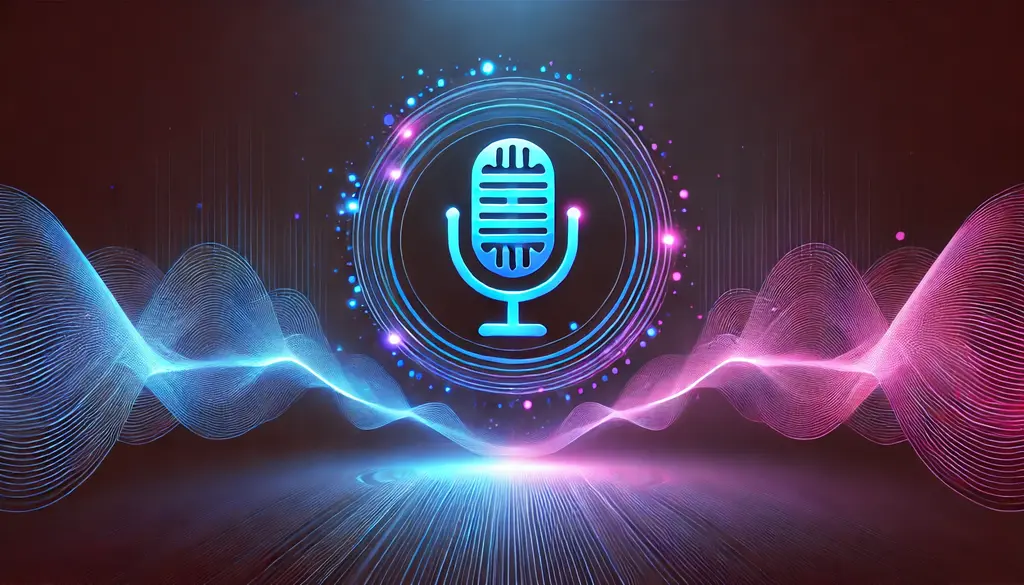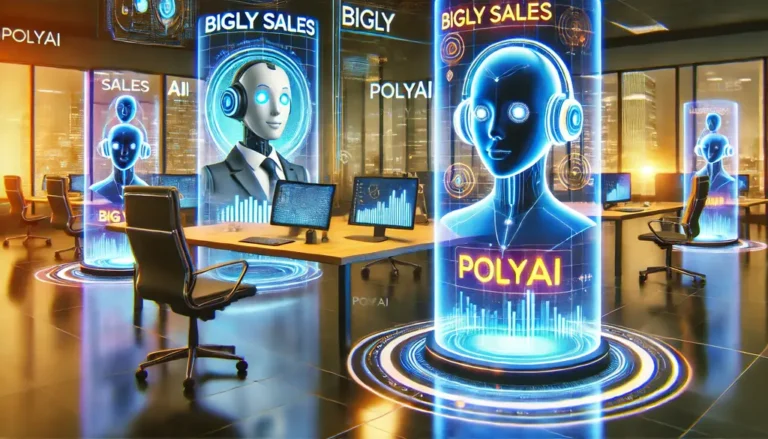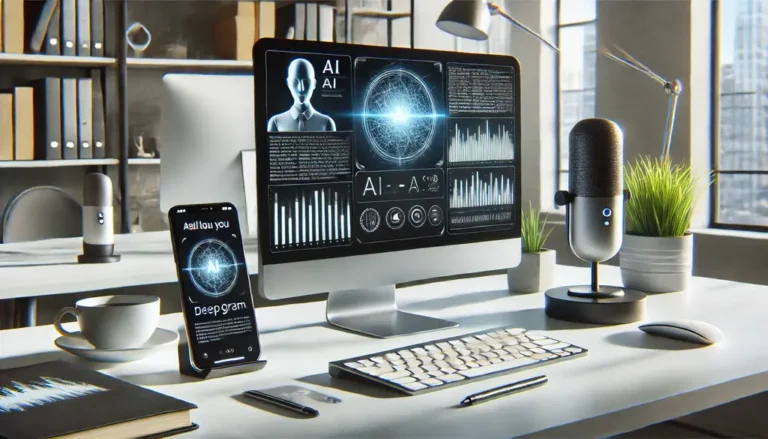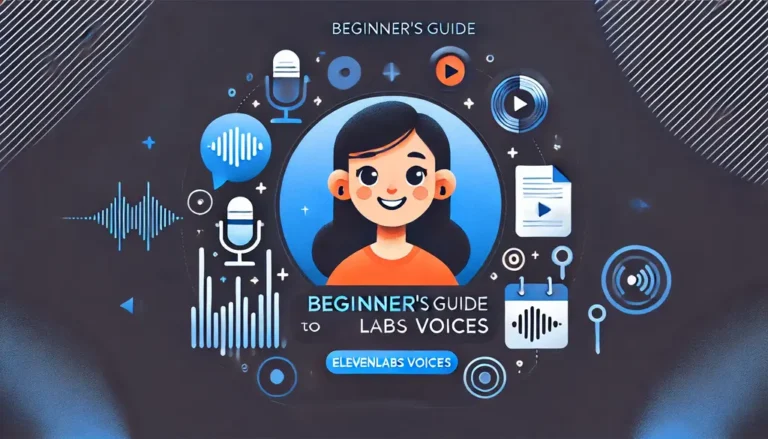Voice technology is actually literally everywhere around us. Not even a single day goes by without the use of a voice assistant. At the same time, the number of our calls to automated customer service systems also increases. Voice AI is the cool tech behind these gadgets. It is a tech that allows machines to understand and speak human language. However, this tech that opens a new universe of different possibilities still causes a few concerns about privacy and security.
The main question for most people is still: Is voice AI safe to use? The response to this question is not a simple one. When used with understanding and caution, voice AI does not threaten users’ safety. When users are not aware, the technology puts them in danger. This expert manual presents the benefits of, threats to, and the security measures for the safe use of voice AI technology.
Understanding Voice AI: Benefits and Technology
Voice AI is a term used for the technologies which can speech human and understand and process that speech. The two main features involved in this are Speech Recognition and Voice Synthesis.
Speech Recognition
It is an AI’s feature to understand what people say. Actually, it converts spoken words into text. For example, this technology is used in voice assistants like Alexa and Google Assistant. With this technology people can handle devices without using their hands, which is a great support for people with disabilities. The performance in this area has been raised to almost 100%.
Voice Synthesis and Cloning
Nowadays, artificial intelligence can invent human-like words. In voice synthesis the computer generates speech by reading the text provided. Voice cloning is the most complicated one. It takes a tiny piece of a person’s speech and then creates a complete digital model of that voice. The model can then be the voice of any language the user enters. The technology, for example, that allows the creation of virtual assistants like your personalized audiobook or the ones that are personalized by you, is the one.
The Privacy Risks of Voice AI Use
The strongest concerns in the question is voice AI safe are about user data and unauthorized use the most.
Constant Listening and Data Collection
Voice-activated helpers are always listening that is until their “wake word” is said. This is what enables them to be able to respond immediately. They can hardly be called eavesdroppers but the fact that they are “always on” means the device must record some kind of audio even if only for a very short period. Most of the time, this voice data is sent to company servers for processing. This whole thing poses several questions regarding the privacy of the user. Therefore, users should know exactly what data the device collects and to whom it transmits.
Unauthorized Voice Cloning
Voice cloning is the field where the most significant security threat is pinpointed. It is the cause of the new type of trick called deepfake. Cyber offenders can take a very short piece of your voice from a social media video or a voicemail and then, with that sample, they create the whole digital clone. After that, they use the counterfeit voice to deceive your family, or colleagues into sending them money. The speed at which this is going is doubling very fast.
Data Storage and Breaches
The ones who are running voice AI platforms, are the ones who have the responsibility for holding your voice data. The data is very sensitive biometric information. It uniquely identifies you. If a company becomes the victim of a data breach, this personal data may be leaked to the public. Bad guys could take the stolen data to perform different types of identity theft.
Essential Steps for Safe Voice AI Use
It is possible for you to enjoy the voice AI device comfort with the risks being kept at a minimum. Staying safe requires deliberate actions and you must be cognizant of them.
Manage Your Voice Assistant Settings
Never be satisfied with the default settings. Checking the privacy settings of the smart devices which you have is a must for you. Most of the platforms provide an option whether to keep the recordings or not. The recording deletion option should be the one that you choose to be done automatically. Usually, people have to manually delete the previous recordings that are stored on the servers of the company.
Limit Data Exposure
You should be very careful with what you say if there are smart speakers around. Never disclose very confidential information when they are present. Such information as credit card numbers or passwords are among them. Consider your smart speaker as you would if there was a person in the room.
Understand Service Permissions
Know the service terms by reading them attentively before deciding on using a new voice AI app. Know exactly how the company is going to handle your voice data. When you are a user of a voice cloning service, ensure they are securing your original audio samples. Never give your voice data to an unverified or a non-reputable platform.
Use Two-Factor Authentication (2FA)
The very first and most important thing to be done is the protection of your financial accounts. Usually, financial accounts are the targets of the voice cloning scandals. Two-Factor Authentication adds an essential second step to the identity verification process. As a result, it prevents a voice clone from tricking the security systems alone.
The Future of Voice AI and Security Measures
Tech inventors know very well that customers worry when they make a new product. Instead of being idle, they are actively searching and working on the solutions.
Voice Biometrics for Security
Voice is also a paradoxical security weapon. Companies are investing in the development of voice authentication systems for use in the security sector. This system uses the uniqueness of your voice as a password. The AI can find very tiny differences between a real human voice and a machine-generated one, so it is more secure than a clone.
Detecting Deepfakes
Researchers are involved in developing an AI system meant for detecting AI-generated faked audio. They look for very precise speech structures, tones, or even tiny incomplete pieces of the audio that indicate that the speech is a fake. They are convinced that if deepfake detection tools are used broadly, the risk of voice cloning frauds will be considerably reduced.
Final Thoughts on Voice AI Safety
Voice AI can radically change the way we live and work. As humans, we need to come up with a balanced view of this technology. Even though it provides a great number of good things, it also has some security issues. You are the one in control of your data. By taking an active role with your settings, not participating in sensitive conversations, and being up-to-date with regard to new risks, you are a responsible user. What you do makes the experience safer and more productive.
Frequently Asked Questions (FAQs)
What is the greatest security risk with voice AI today?
The biggest security risk at present is voice cloning. It is a method through which attackers are able to produce very convincing deepfake audio. Such audio is used to trick the victims into transferring money to the attackers or giving them access credentials.
Does turning off my smart speaker’s microphone stop data collection?
Indeed, the most definite way to cease audio capturing is when the microphone is muted or turned off physically. This feature disconnects the power supply from the microphone. It ensures that no sound is recorded or transmitted.
Are there legal limits on using someone’s voice for AI cloning?
There are rules, but they are still in the early stages. Anyway, if voice cloning is done without permission and for fake purposes, it is illegal. Several regions are working on upgrading their laws related to biometric data and digital identity theft.
Is a voice command always recorded and saved by the company?
Not necessarily. The wake word is mostly handled locally by the device. When the wake word is found by the device, it goes on to record. Most platforms usually provide an option to their users to stop saving the recording of the resultant voice command.
How can I tell if I am talking to a voice AI or a human?
The difference is getting almost impossible to spot. Trying to find very minor things such as unnatural silence, the AI may be too perfect or in case there is no background noise is what you should do. If you suspect fraud, try asking a very specific and unpredictable question that only a human could answer.







![Klaviyo - A Detailed Review [2025]](https://biglysales.com/wp-content/uploads/2025/02/Klaviyo-A-Detailed-Review-2025-768x439.webp)